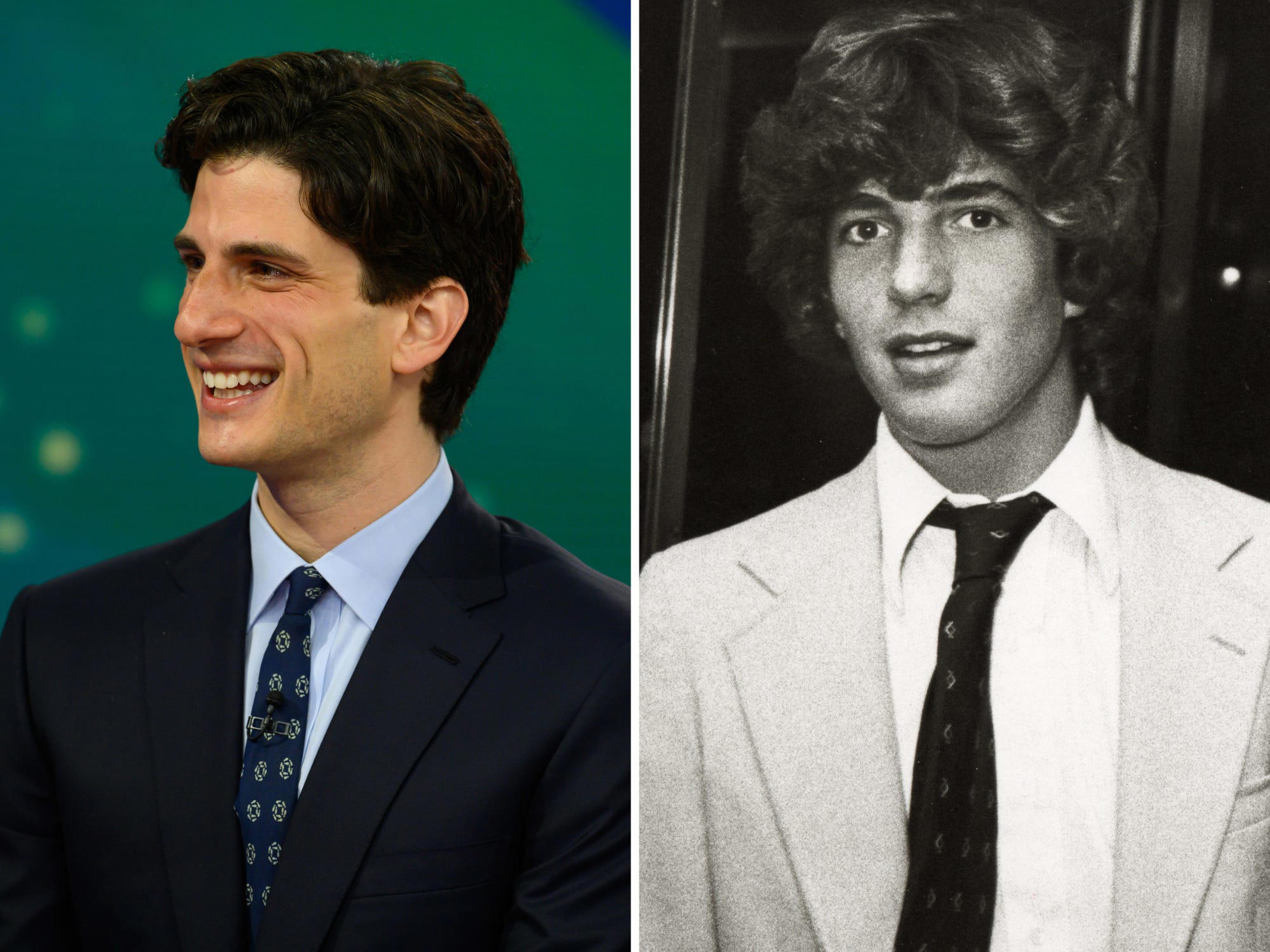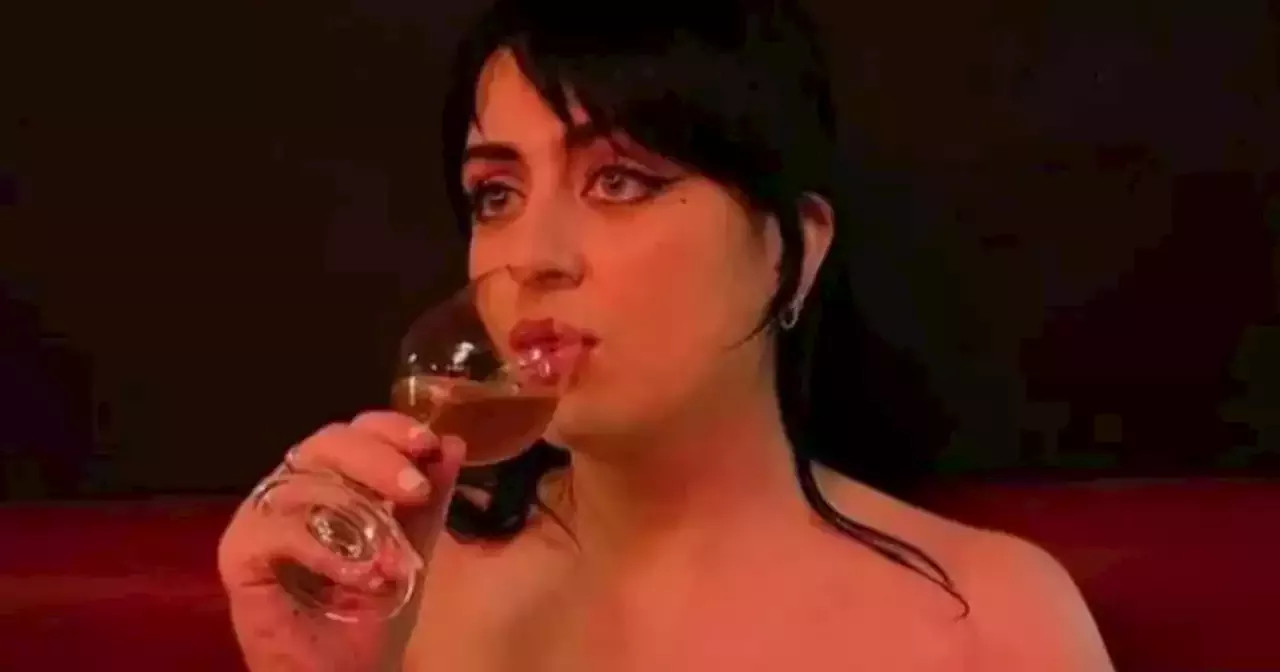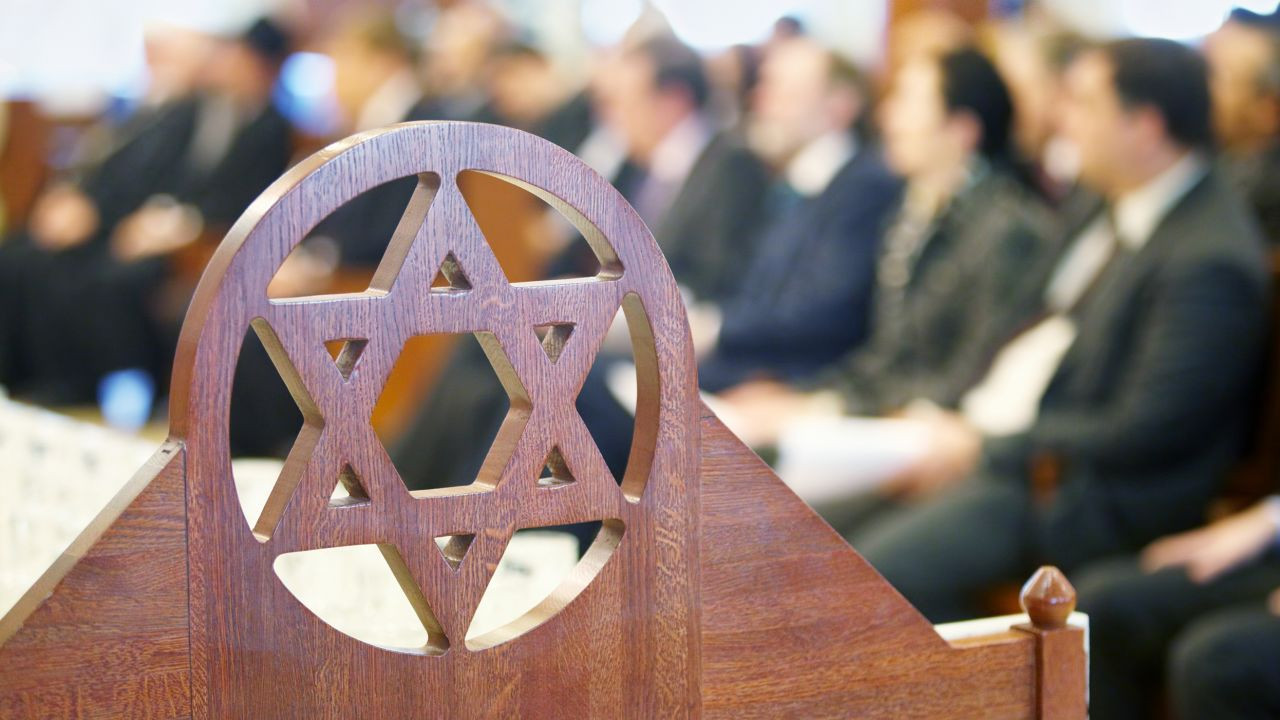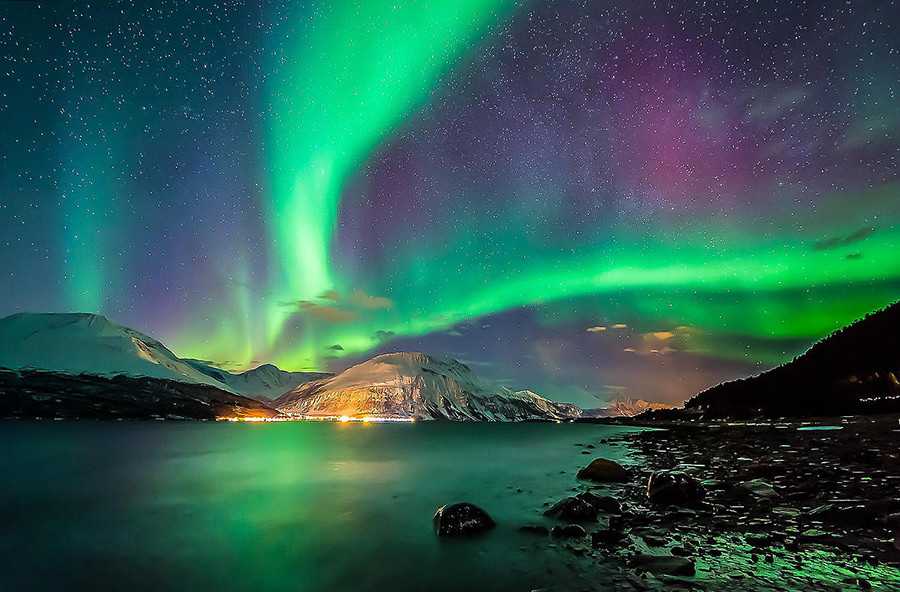It's well known that moving house is one of the most stressful things a human being can do. Building your own from scratch, however, is stress on another level. Welcome to the world of Grand Designs, which has now been on our TV screens for an astonishing 25 years. Possibly the only comforting thought for the people behind the projects – who remain remarkably naive, considering – is that the show is synonymous with its presenter Kevin McCloud. After a quarter of a century, he now seems like an all-seeing saint of bricks and mortar – firm but fair, a calm, hard-hatted presence amid the rubble. In a world where mere makeover Johnnies have come and gone, Grand Designs has had an almost impossible duration on peak-time TV. Can McCloud quite believe it?
"Well, it's interesting how long it's survived," he says with impressive modesty. When it started, the show was an anomaly. "Back in the 1990s, the culture of TV was for half-hour makeover shows, which I felt were rather exploitative. These were shows in which you didn’t know the outcome and neither did the contestants." Grand Designs was always a much gentler beast, possibly because the task was actually rather difficult and the stakes were so high. This wasn't about using a staple gun to change the headboard in your bedroom; this was about reinforced steel joists and brick walls. "We got berated for making celebratory TV that didn't exploit the contributors. But we were filming the real world. People build what they want to build. We were celebrating good buildings, not mediocre ones, and that was counter to the times."
Where was he for the first show? "I remember it well. We were on a field by the cliffs above Peacehaven in East Sussex, and a young couple were building their house. We started filming it 27 years ago, and because it was episode 1, we didn’t really know what we were doing. Do you know, I went back this year, and the same couple are still in the same house." McCloud admits he has matured since then. "I used to wave my arms around a huge amount. The directors would say, 'We need more energy!' and I would amp everything up a huge amount, I was very enthusiastic. And I would write down everything I said beforehand. I soon learnt that the best thing is not to write a script, but just to talk naturally." He thinks the secret is that Grand Designs doesn't follow a prescribed format. "Its longevity results from proper storytelling and traditional film-making values. There isn't a format and we don’t know the outcomes. We don't invent pretend danger. If there's a struggle, it's just that. It's not a 'desperate uphill struggle'. And we don't speak of 'jeopardy'."
There clearly is jeopardy, though, whether from dream projects taking too long, costing too much or, in one particularly awful situation, wrecking a marriage. What does McCloud fear most at the start of each shiny, happy project? "My biggest bugbear is things being too big," he says. "Most houses could shrink overnight by a third, and the occupants would never notice. Number two? Houses with more toilets than physical occupants. Why do people judge the status of a house by how many toilets you can offer your guests? It's absurd. Thirdly, complexity. Most people say to me that if they had known how complicated building is, they would have made their idea simpler. Complexity has become a demonstration of the need to be grand." Well, it's in the title. "No, it's not!" McCloud insists. "The word 'grand' in the title refers to the power of the human imagination. It doesn't refer to the budget! We're always looking for the smaller projects." His own house isn't all that grand, if by "grand" you mean lavish. "Our homes ought to be autobiographical, full of people's histories and the stuff of life. You can have great design from a recycled thing, a cheap thing or a borrowed thing." Thus speaks the man who has, yes, an Ikea kitchen. "Yes, in a way it is an Ikea kitchen. I have Ikea cupboards and drawers, the work surfaces are by Cosentino and the taps are posh. And the kitchen table is an original Eero Saarinen 1960s Tulip table. That is the point. I am a fan of Ikea, the democracy of good design and also of properly sustainable furniture, and I like doing stuff myself."
Fronting a peak-time TV show at the age of 65, McCloud is something of an outlier. He says he wants to go on for the next 25 years, and end up like David Attenborough, although he is aware that the world of storytelling and communications is radically different from how it was when he began in 1999. "Social media, in its short-form nature, is very good at the snapshot. Instagram or TikTok can entice someone with an idea." A snort. "I don't do anything like this. I take between 12 to 14 years to make one hour of television." What about the rest of the gig? "Fame? Fame is part of the job. When people stop recognising me, I know I won’t have any more work," he says. "I remember talking to Roger Cook, the great current affairs presenter. He told me one day he was walking down a street somewhere and a passer-by said, 'Hey! Didn't you used to be Roger Cook?' That sums it up. You are there in the moment and only exist if someone has seen your TV show." Not that he especially enjoys it. Dear reader, if you come across Kevin McCloud in his wellies, do by all means speak to him in Italian (he used to live in Italy), but do not ask him for a selfie. "It's the sense of entitlement that people have over your privacy," he says, dolefully. "That you are public property and therefore I have to do a selfie with you. You have to supply a resource for someone else. And in that moment you feel dehumanised. Actually [more cheerfully], young people have started asking for autographs. I think what one might call the 'selfie generation' has started to shrink."
Maybe one of the reasons he, and the show, has lasted so long is that, rather like Attenborough or, say, Monty Don, McCloud isn't a general presenter. Rather, he has one message, and he has stuck with it. "I am interested in design and the process by which humans make lives better," he explains. "As I get older, I am interested in design for accessibility – my knees are getting a bit creaky and anything that makes my life easier can be helpful. These demanding areas of design are usually dealt with clunkily, eg by the NHS. People have more refined solutions at home." One of the episodes in the new season of Grand Designs reveals a house designed for a woman who is in a wheelchair and her young family. "Visiting the house of someone in a wheelchair and thinking about how life works for them is always going to be more satisfying and intriguing." One has to acknowledge the foresight of the original Channel 4 commissioner who first gave the series the green light, and the faith this displayed that something recorded many months, even years, before could be broadcast. Grand Designs is as much about people measuring an open field as it is about the grand reveal, as well as all the rest, says McCloud. "Architecture is an experiential phenomenon, an expression of who we are as people and as a species, and who we are in place and time."

















